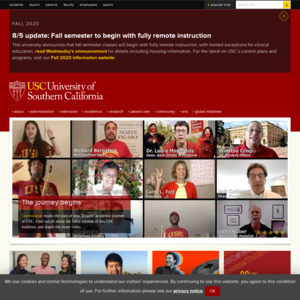Moved to Forum: Original Link
I have noticed there have been a lot of freebie stats/machine learning amazon books and udemy courses. Seems like many people are interested in these topics so I thought its worth mentioning two books which I have found very useful (and so have many others) and are available for free. These books are also highly regarded in the field.
Introduction to statistical learnings is a great book for people to learn about different techniques in machine learning. It covers how to apply different machine learning tools, as well as providing some theory about how they work. It requires basic knowledge of probability and maths (high school level). It also introduces you to the R-programming language which is widely used for statistics and machine learnings (especially in health and biology).
Elements of Statistical Learnings provides much more detail about various statistical/machine learning tools. It requires more maths knowledge (~1st year uni) to understand how many of these tools have been developed.
If you are more interested in epidemiology and clinical trials related statistics this is probably not the best book for you. There are other better resources on these topics.
Interestingly the Amazon kindle editions for these books cost $50+ and $70+. I suspect they will remain free for the foreseeable future on the author website but you never know…
Enjoy
DS
